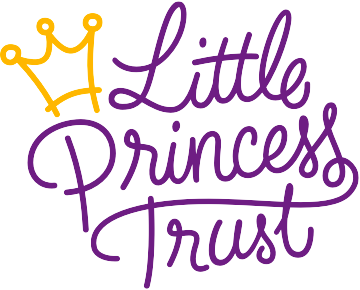Little Princess Trust News
From running a pub to studying cancer in the lab
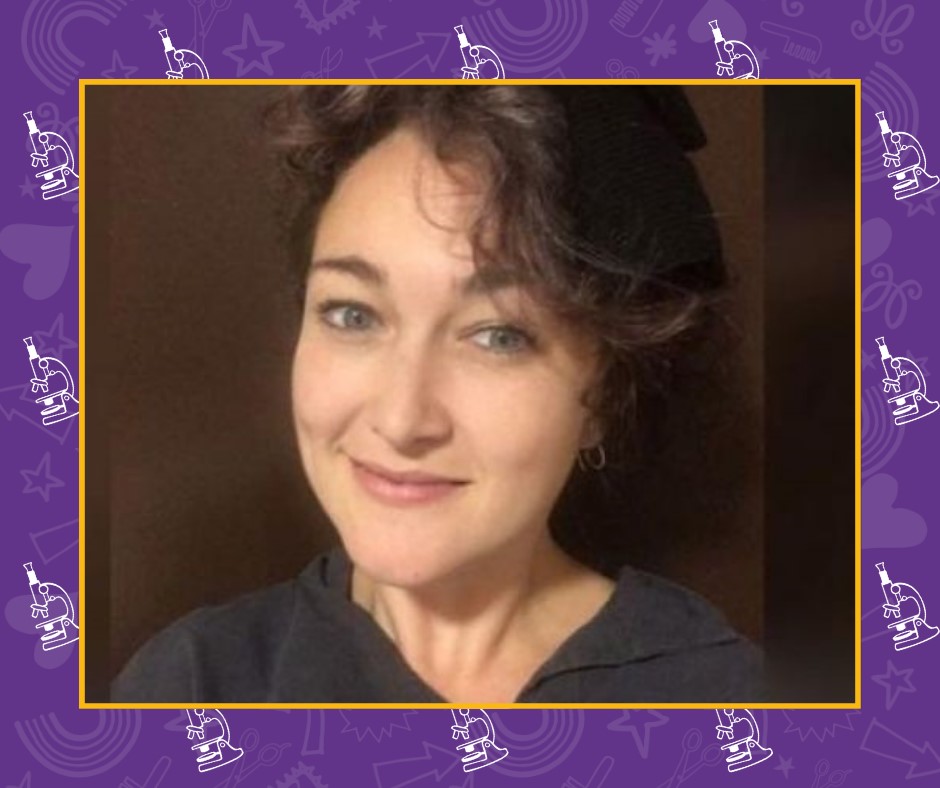
Researcher explains her unorthodox career path
This feature is based on an interview given to the CCLG website in December 2023.
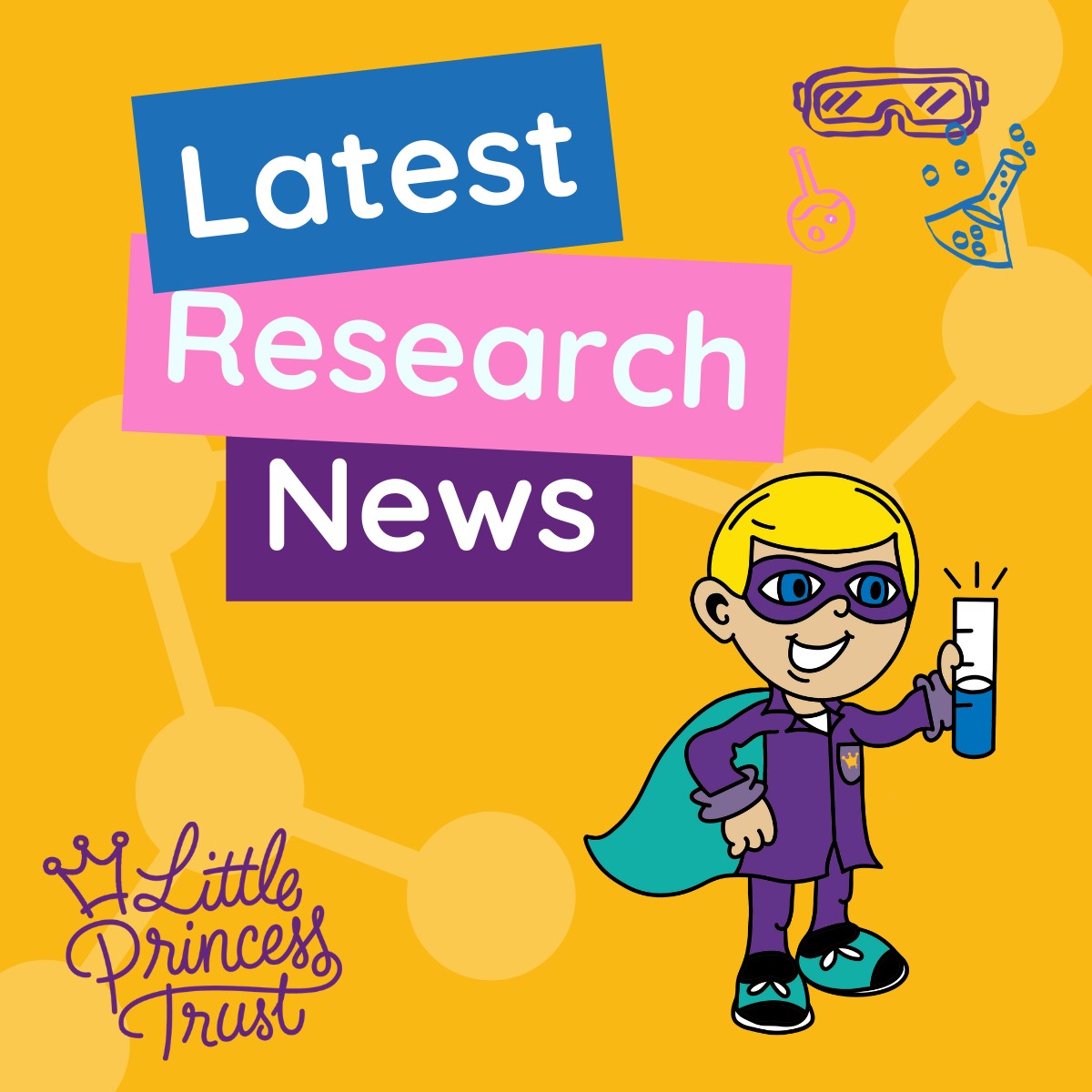
Jessica Taylor stopped caring about school by the age of 15 and dropped out of education a few months after starting her AS Levels.
She then spent many years working in a pub before questions from regulars led her to think about a remarkable career change.
Dr Taylor went on to overcome a lack of qualifications to make her way through academia and, motivated by a relative’s experience, is now working on a Little Princess Trust-funded project to help save the lives of children with cancer.
Her role in the Gilbertson Lab at the University of Cambridge is a far cry from her former work in pubs that began at the age of ‘12 or 13’.
I hadn't written anything with a pen apart from ‘1 x burger’ for six years, so I really didn’t know how I was going to do it.
“I didn't want to do anything else,” Dr Taylor added. “By the time I was 21, I was working in quite a large pub and running the functions, running the back room, and just doing everything but science really.”
The dramatic change began in 2008 when the pub wasn’t making as much money.
“I was in my mid-twenties and everyone else was finishing university,” Dr Taylor said.
“I'd never even been and I would get asked all the time – ‘Oh, so what are you studying? Why are you here?’
“It started to get to me a little bit, and I felt like I didn't really know what I was doing.
“I realised that I wanted to see what else there was out there, did some research and thought I could be an environmental health officer, because that would use my knowledge of running a bar.
“I did need a degree, but I found Salford University and they were completely okay with me not having any A-levels. I could do a foundation year with biology, chemistry, maths and statistics instead.”
“I hadn't written anything with a pen apart from ‘1 x burger’ for six years, so I really didn’t know how I was going to do it.
“But it was great - I absolutely loved the chemistry lectures and I even got accused of cheating in math because I got everything right.”
As part of her degree, she spent time working in an AstraZeneca lab where work was taking place on an ovarian cancer drug.
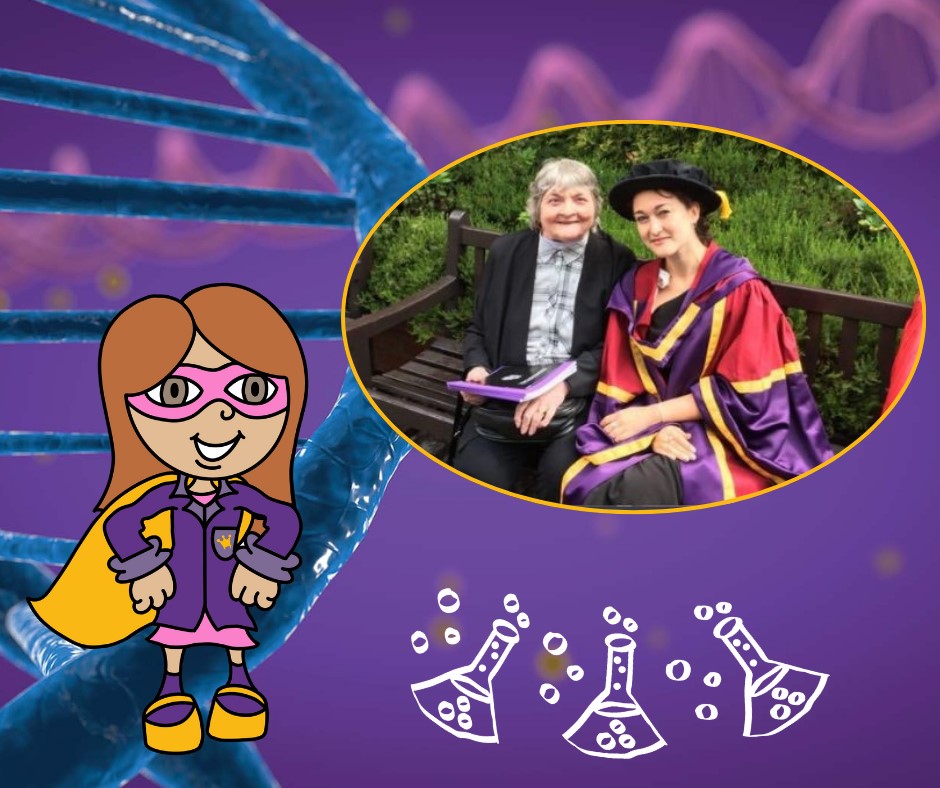
At the same time, her auntie was diagnosed with ovarian cancer, while her nan underwent treatment for her third primary cancer.
Dr Taylor saw the harsh side-effects of cancer treatment on her relatives and, on finishing her degree, decided to take a PhD on cancer.
That was the start of a path that has led her to investigate ways to improve the quality of life of children after they have had cancer.
Dr Taylor has also received funding from The Little Princess Trust to see if antihistamines, which are already used worldwide for allergies, could be repurposed to help children with brain cancer.
“If you have a new drug, it can take up to 15 years for it to reach patients, and it's very expensive to make sure it is safe,” she said.
“So, when you want to be helping the children who are sick now, it's a lot more beneficial to use existing medicines.
“In my project, I’m seeing whether antihistamines can kill medulloblastoma cells by overloading lysosomes.
“A group in Denmark showed that cancer cells have a more fragile lysosomal membrane in cancer cells. This means you can more easily burst lysosomes in cancer cells.”
Knowing how close the difference is between normality and a potentially devastating disease is really frightening, but it's so interesting.
Dr Taylor describes childhood cancer as frightening but interesting – and says it is “so different from adult cancer”.
“Childhood cancer can be caused from just one little thing happening, which then cascades,” she added.
“Knowing how close the difference is between normality and a potentially devastating disease is really frightening, but it's so interesting.
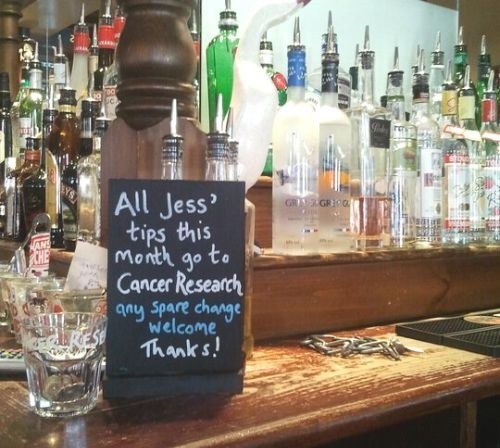
“I want to know why that happens and how we could potentially stop it from happening or reverse it.”
While Dr Taylor admits she missed bar work especially in her first days of moving to Cambridge, she is now very pleased to be a childhood cancer researcher.
She says her experience proves it is never too late to make a major career change and work in a lab.
“Age or background shouldn’t stop you from trying it,” she added.
“Research is very demanding in terms of time though and, if you really want to go for it and do well, it's a lot of commitment.
“If you really love it though, it doesn't feel like commitment.”
